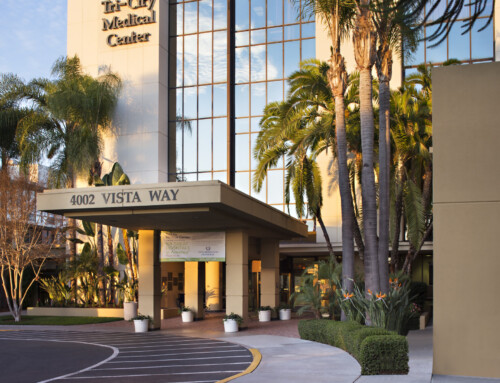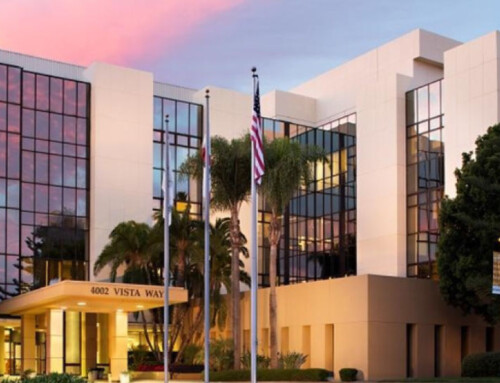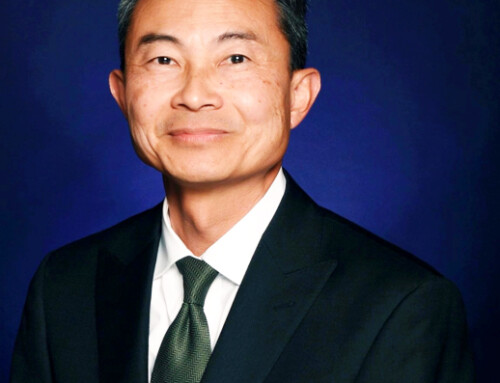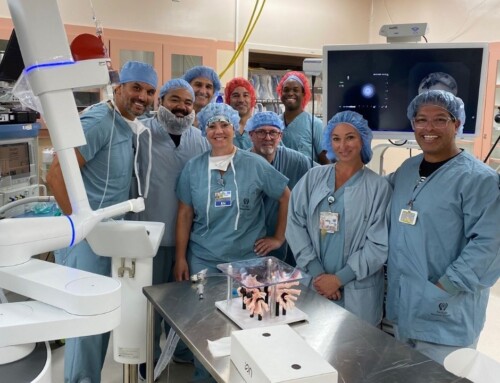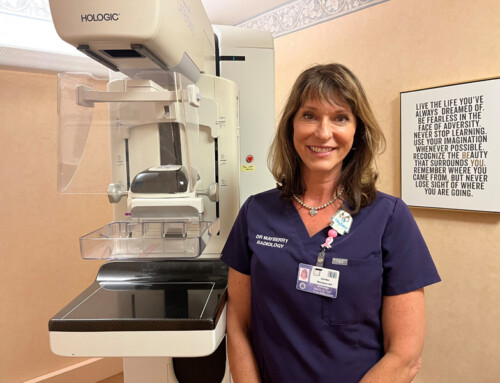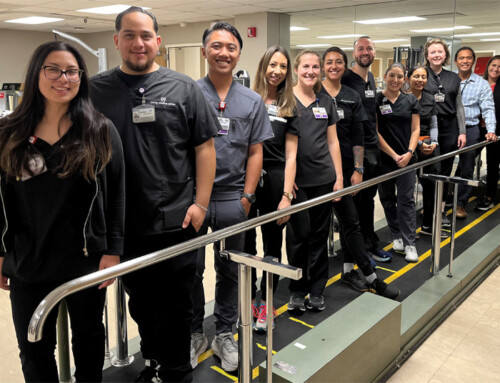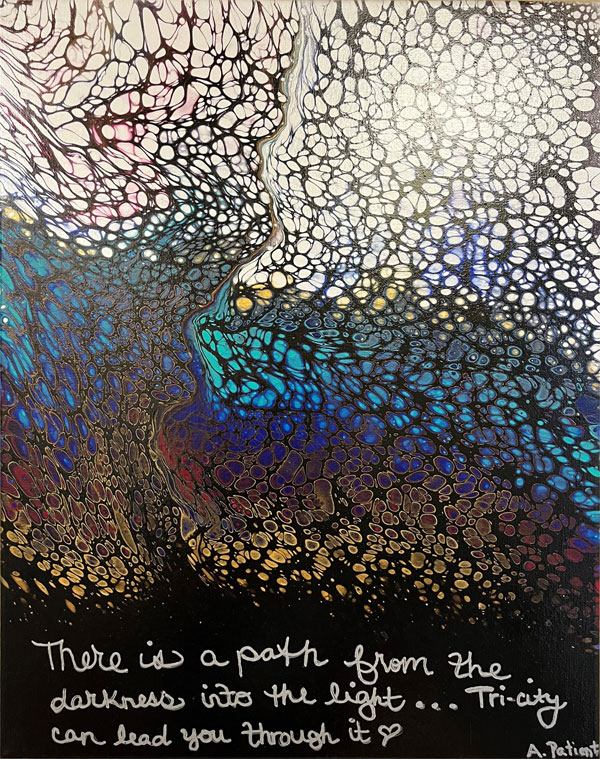
Tri-City Medical Center Offers Support to Suicide Loss Survivors
Recently, the Centers for Disease Control and Prevention (CDC) released data indicating that 49,449 Americans lost their lives to suicide in 2022. But what this data doesn’t show is that approximately 130 people knew each person who died, resulting in almost 1 million new people each year in the US who are personally impacted by the suicide of someone close to them, according to the American Association of Suicidology.
“The shock waves felt by ‘survivors of suicide loss’ can be devastating,” said Tony Vitrano, LPCC, LMFT, Operations Manager at Tri-City Medical Center’s Outpatient Behavioral Health Services. “This is often a time of emotional confusion – they may experience sadness and grief, anger and guilt, and sometimes even relief. In one moment, the survivor can be missing a loved one and in the next, feeling responsible for their suicide and asking why and how this happened. As suicide is often stigmatized or considered taboo, people may also feel shame and become isolated.”
Although the ‘five stages of grief’ – denial, anger, bargaining, depression and acceptance – are common emotions felt by people experiencing grief, “it’s important for survivors to understand that there is no right way to feel,” added Vitrano who has worked at the hospital for more than 20 years. “Everyone responds differently, and the stages of grief are not linear, meaning they may not go in the order listed. Certain triggers may cause some stages to repeat or last longer than others and there is no timetable for grief. Most importantly, survivors should understand that the suicide was not their fault.”
“We all need help during certain times in our lives, and the loss of a loved one or friend to suicide is one of those times,” said Vitrano. “It’s extremely difficult for people to recover from this type of thing on their own. Thankfully, there are good resources in our community and online that can aid in the healing process.”
Survivors of Suicide Loss is based in San Diego and provides ongoing, peer-led support groups where survivors can find comfort, resources and hope in a judgement-free environment. The San Diego Chapter of the American Foundation for Suicide Prevention also focuses on outreach to survivors. Alliance for Hope offers a 24/7 online community forum that is led by a mental health professional and moderated by a trained team of loss survivors. Additional online information can be found at the American Association of Suicidology’s website, including tips for survivors in the workplace.
“These support groups can be especially helpful because they offer a way for survivors to break their silence and connect with other survivors who understand them like no one else can,” said Vitrano. “Additionally, speaking with an individual therapist, like those at Tri-City, can be of great value because these therapy sessions provide more space and time to go into greater depth and work through the loss with the guidance of a licensed behavioral health professional.”
People experiencing ‘complicated grief’ – a prolonged, intense yearning for or preoccupation with the individual who died, post-traumatic stress disorder (PTSD) or depression can benefit from the intensive outpatient program at TCMC and learn coping skills for their symptoms. “Our approach focuses on the principles of the recovery model, meaning every individual is capable of personal recovery based on their own right self-determination, responsibility, hope and respect,” said Vitrano.
“The emotional aftermath of suicide loss is especially difficult during the first year as holidays and anniversaries come and go,” continued Vitrano. “The recovery model empowers survivors to make decisions and focus on self-care so they can process their emotions and get past the blame and shame. Acceptance is a process that requires active participation for healing to occur. We’ve seen many people recover and find their way out of the depths of darkness and go on to live fulfilling and meaningful lives after losing a loved one to suicide.”
To learn more about Tri-City Medical Center’s Behavioral Health Services, call 760-940-5051 or fill out a telemedicine appointment request form.
As part of its COASTAL Commitment Initiative, Tri-City Medical Center partners with NAMI San Diego, a local chapter of the National Alliance on Mental Illness.
Visit Survivors of Suicide Loss-San Diego, Alliance of Hope and American Foundation for Suicide Prevention for additional online information and resources for suicide loss survivors.
If you are experiencing a mental health crisis, call 988, the new national emergency hotline that will replace the National Suicide Prevention Lifeline number.
